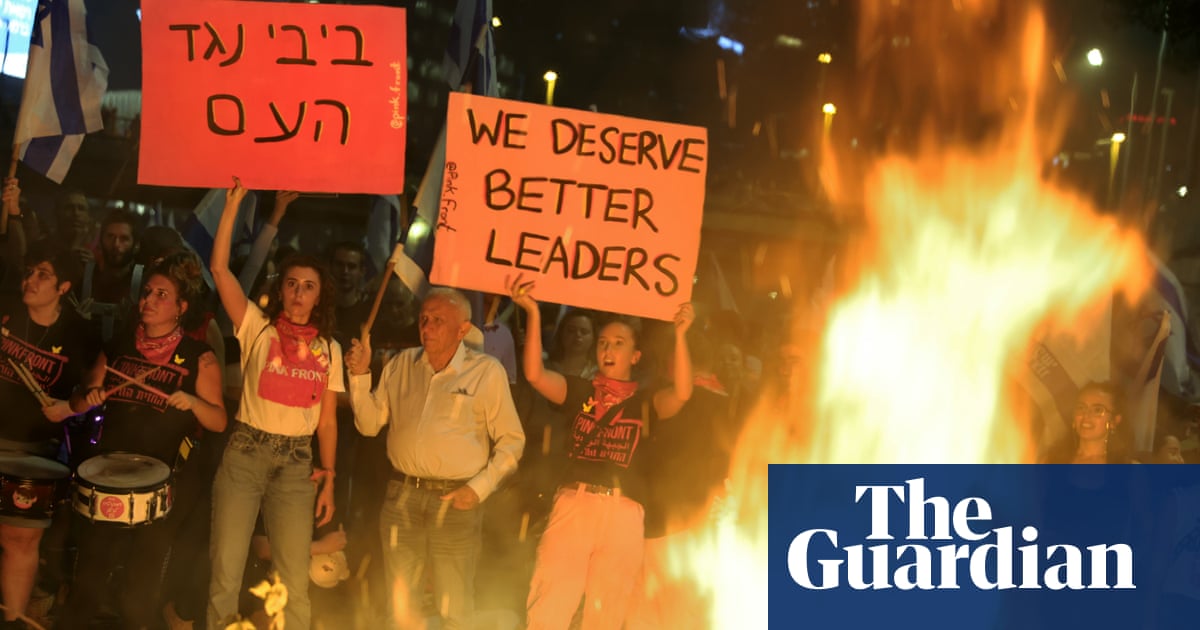It should have been a difficult week for the Israeli prime minister, Benjamin Netanyahu. He started the week facing widescale protests against his leadership once more – this time after sacking his popular defence minister, Yoav Gallant.
Seen as the last independent figure in Netanyahu’s coalition, Gallant challenged the prime minister’s war goals and was seen as relatively moderate thanks to his wish to prioritise a hostage deal. When Netanyahu tried to dismiss him in the past he had to back down after demonstrators took to the street in huge numbers. This time, however, the prime minister successfully managed to oust his rival – and the final dissenting voice in his cabinet.
Then came the US election – and Netanyahu was further buoyed by the re-election of his old friend Donald Trump. The pair have already had three phone calls in less than a week and Netanyahu has called Trump the “best friend” Israel could have in the White House.
Julian Borger tells Hannah Moore how these two circumstances could change the war on Gaza and the wider Middle East. And why Netanyahu – an unpopular leader before the war who has faced countless protests against his handling of the war on Gaza, which has killed 43,000 people – is in a stronger position than ever.













